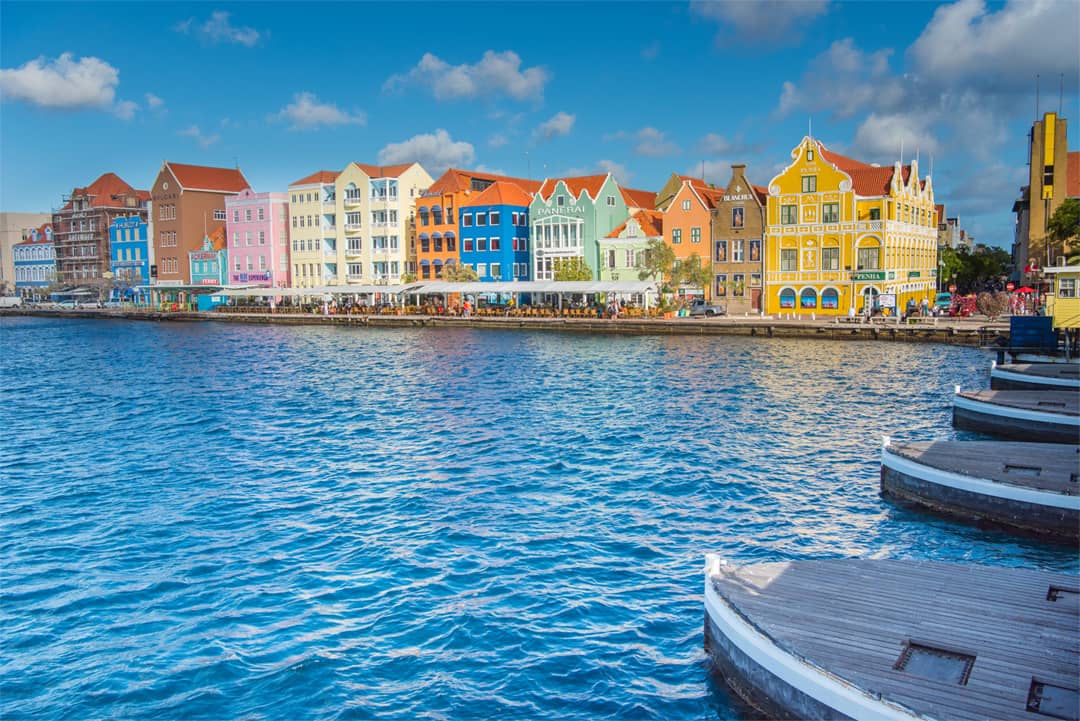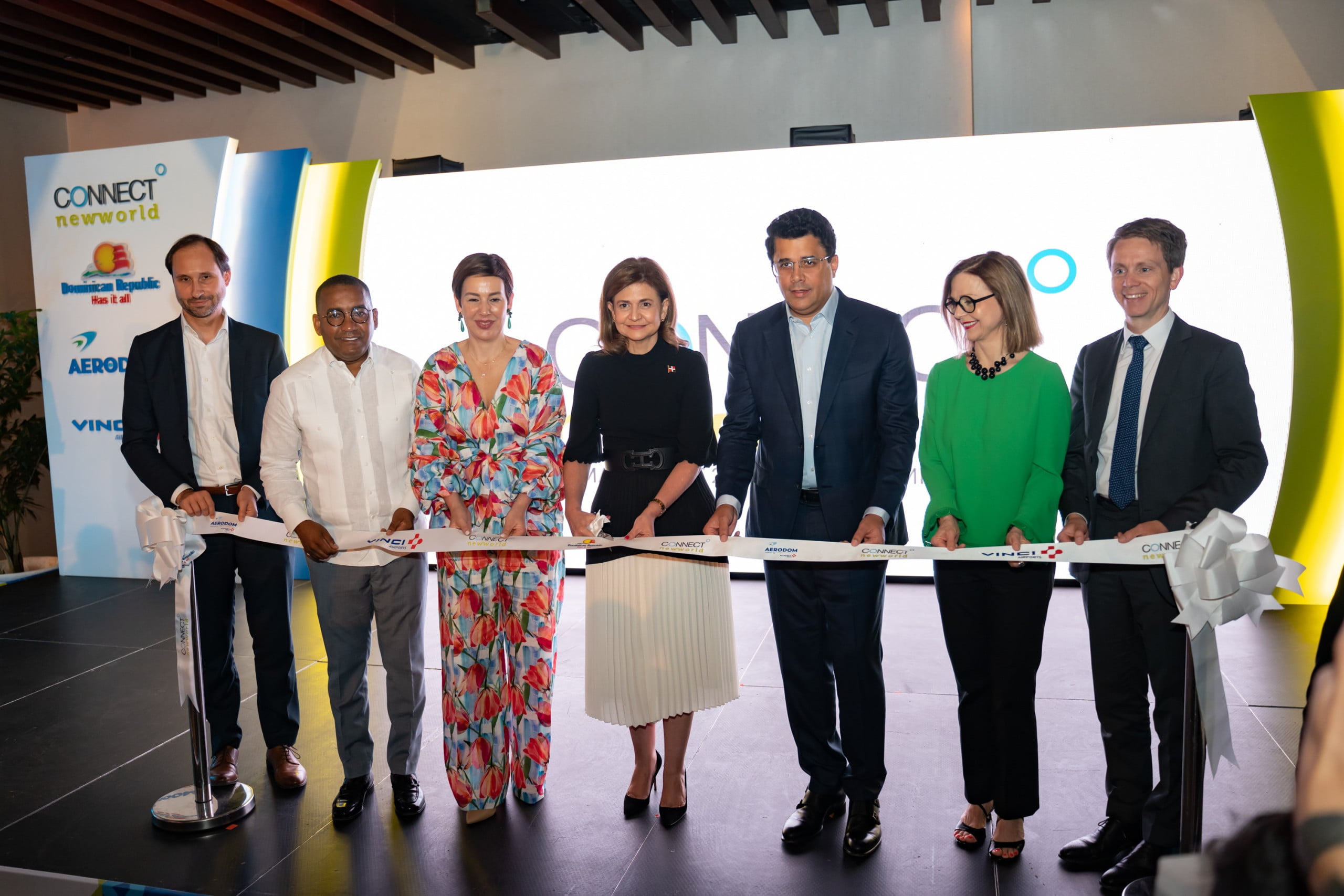Brussels South Charleroi aviation executive Ingrid Tahon discusses a positive year of 2% growth.
It might have been a challenging year at Brussels South Charleroi Airport, but as 2019 comes to a close, Tahon is happy to report “a particularly rich year”. Despite a tough economic climate and events such as the grounding of the Boeing 737 MAX, increases in fuel prices and a shift in the environmental discourse, Tahon believes that if the winter season remains mild, the passenger numbers for 2019 will reach 8.2 million. “That’s thanks to the growth of Wizz Air, Pegasus Airlines, Air Corsica, Belavia Belarusian Airlines and Air Algérie, the resumption of Air Belgium’s long-haul flights and the arrival of Laudamotion,” Tahon remarks. “All of this will lead us to conclude 2019 with a growth of 2% compared with 2018.”
All this is a continuation of the progress made in recent years, such as in 2018 when Charleroi’s performance boosted its place in the annual airport rankings produced by AirHelp. Drawn up on the basis of three criteria – on-time performance, quality of service, shops and restaurants – with more than 40,000 respondents in over 40 countries assessing the services of 132 airports, the 2018 poll placed airport 14th. Aiming to push its performance even further, in May 2019 the airport selected AERTEC to study its development in both the medium term (2021-2025) and the long term (2025-2035). Already, work has begun to extend the runway from 2,550 metres to 3,200 metres.
Internally, phase one of the development of the retail areas was completed in summer 2019. “The ultimate goal will be achieved in 2020, with a new commercial area of 1,200 square metres,” Tahon notes. “Lately, a new lounge has been inaugurated.”
Route development continues the strategy of creating a diverse network. “It means that passenger traffic will grow by developing short, medium and long-haul flights, as well as transit flights launched last April by Ryanair,” Tahon comments. The latest long-haul service is by Air Belgium to Martinique and Guadeloupe from 7 December 2019.
The ‘transit hub’ is a connection service by Ryanair through the airport from 15 cities across the carrier’s network. “Passengers can now arrive at and depart from Brussels South Charleroi while remaining in a new, specially designed transit zone,” explains Tahon. “Passengers will be able to remain in this zone before taking a [second] flight without having to worry about their bags. So transit passengers will be able to check in from their departure airport to their end destination. The next step is to develop a self-connecting platform for all passengers travelling through our airport.”
Other airport activities such as business flights, freight and aircraft maintenance will be included in the airport’s strategic plans. In addition to the ‘greener’ elements being introduced in the infrastructure developments, the airport is looking to reduce ground transportation emissions.
Recently flibco.com, a company specialising in passenger transport to airports, in partnership with Voyages Léonard carried out a week of trials using a 100% electric bus on the Brussels–Charleroi route. When fully adopted, the use of such a vehicle would be a European first in the airport sector. The electric buses would reduce CO2 emissions by 127 tonnes/year per vehicle. That would come from the elimination of 48,000 litres of diesel a year.















